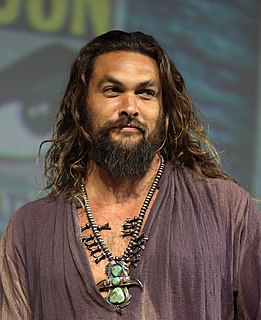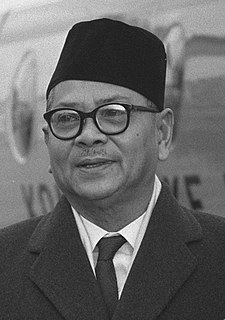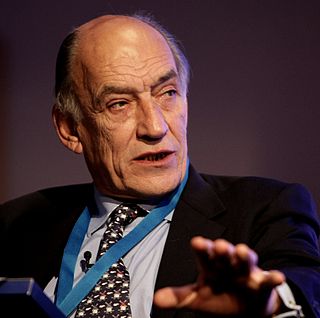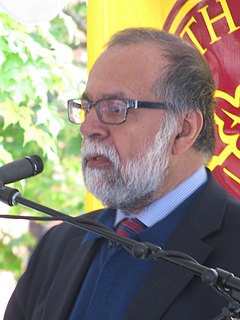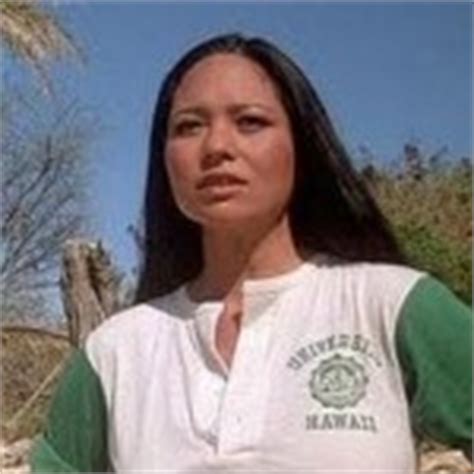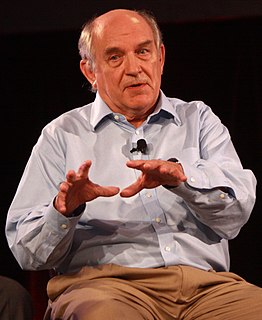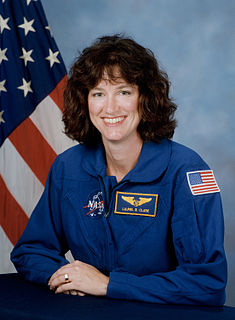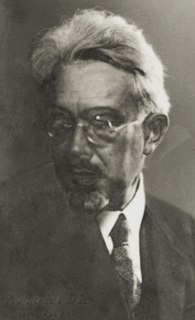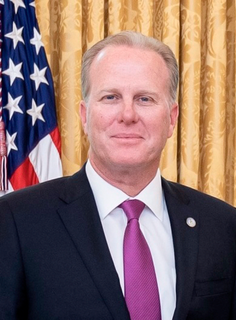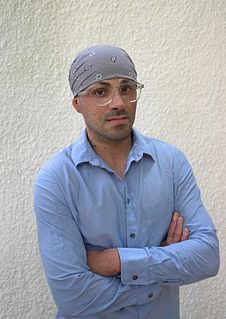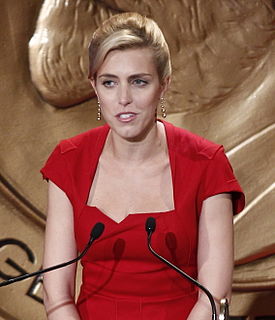Top 1200 Cultures Of The World Quotes & Sayings - Page 3
Explore popular Cultures Of The World quotes.
Last updated on December 18, 2024.
There seems also to be a tremendous risk to indigenous cultures if we insist that all scholarship be conducted in English. We are, for example, dealing with ancient and very highly-developed cultures in Korea, Japan, China and the Middle East. What is the impact on cultural and scholarly vitality forcing everyone to do their work in English? I do not have an answer, but this issue has been very much on my mind.
Human cultures are all experiments in trying to find a form that will fit the matter of our immediacy; but it is absolutely not the case that all such experiments are of equal merit or value. Some cultures - and modernity is patently one - have managed to transmute consciousness into the "disease" that Nietzsche called it, the self-affliction of a self-centeredness that has purged itself of all vestiges of wisdom and value.
Wilderness is the raw material out of which man has hammered the artifact called civilization. Wilderness was never a homogenous raw material. It was very diverse. The differences in the product are known as cultures. The rich diversity of the worlds cultures reflects a corresponding diversity. In the wilds that gave them birth.
When I did play team sports, I was into soccer and hockey. I loved hockey. And then rock climbing became the thing that got me out of Iowa, and I traveled the world for rock climbing. I really loved the, I guess you would say, dirtbag lifestyle of not eating much and traveling the world and slipping into different cultures and just observing.
What I find on the Internet is fascinating because whole subcultures are developing. And they really are cultures. They have their art forms, their music, and their language. They have their spirituality, they have new names. It's almost like watching colonies of little organisms develop under a petri dish. You can really see these cultures swarming and growing and developing and spawning on the Internet.
In many other cultures, and certainly in the Eastern world, there's great value put on being, contemplating, and even withdrawing from the world at certain times or for certain periods of time. But we don't really have that in our culture, so it's difficult for many Westerners to learn how to sit down or lie down and just be quiet without going to sleep. We're just not trained to do it.
In general, in more collectivist cultures, we see that in group settings, people dampen their emotions but are very expressive when they are at home alone. In more individualistic cultures, such as North America and Europe, it's the opposite - people are more expressive in group settings than when they are by themselves.
We usually forget that apart from making a living on this earth, human beings live in societies and these societies have cultures. It is only through having cultures that mankind on this earth has an ordered and meaningful life. Music and drama are two of the many important manifestation of a culture. They are important because they represent the expressions emanating from the power of human artistic creativity
We're not in cultures which support learning; we're in cultures that give us the message consistently: "Don't mess up, don't make mistakes, don't make the boss look bad, don't give us any surprises." So we're asking for a kind of predictability, control, respect, and compliance that has nothing to do with learning.
While [European] national cultures were concocted to distinguish one economic unit of capital from another, civilizational thinking was invented to unify these cultures against their colonial consequences. Islamic, Indian, or African civilizations were invented contrapuntally by Orientalism... in order to match, balance and thus authenticate 'Western Civilization'.
Zen's greatest contribution is to give you an alternative to the serious man. The serious man has made the world, the serious man has made all the religions. He has created all the philosophies, all the cultures, all the moralities; everything that exists around you is a creation of the serious man. Zen has dropped out of the serious world. It has created a world of its own which is very playful, full of laughter, where even great masters behave like children.
Thanksgiving is a holiday that brought together two different cultures. And things might not always work out like you think they should. But they always work out. I'm thankful that the world's in perfect harmony at all times. Pilgrims had it tough. But now, we live in the strongest, most prosperous country in the world. And the Indians, well, you know.
In a city like London, the fact that cultures live together and cross-fertilize is a beautiful and natural thing. The many cultures in Amsterdam contribute to the city's high level of craziness - something which every interesting city should offer. But sometimes immigrants can live in parallel worlds which can exclude others and not be very attractive.
When we talk about the Judeo-Christian or the Judeo-Muslim tradition, it's important to remember that we are speaking of a Jewish component of civilization, but not in itself a civilization. What is happening now in Israel is that you have a coming together of Jews from the Christian world and Jews from the Muslim world with different cultures.
Swimming has given me a lot. It's given me a respect for people and different cultures around the world when I've been competing abroad. I've learnt many life skills and met so many friends around the world that I might not have had otherwise. I'm focused and driven and I guess swimming has made me that way.
I think there's a general confusion that my work is about types of photography. But really that's just a tool to introduce some questions I have about seeing. What happens when all of these conditions and structures and histories and cultures and tools you have around you begin to fail? On the one hand there is an engagement with histories and cultures, and on the other, there is this very lonesome space of actually coming to terms with seeing.
Much of the rest of the world has already learned some English. They pretty much understand the American way of doing things, because our culture has been ubiquitous and has been the 500-pound gorilla in the global economy. But the world is far more interrelated than ever before, and no one culture can thrive without the knowledge of how to function in other cultures.
Kafka's writings often display an insidious power to describe a wholly secular and "factical" world in which the eerie or "unheimlich" elements gang up behind or beneath the ego's awareness and immerse it in a waking dream of something Other, an alien world-order similar to ancient irrationalist cultures (in transition from primitivism to civilized mythos-culture).
Build creative cultures, and work with purpose to unleash the creativity of your team. Creativity is the most valuable natural resource in any organization, yet it is often a resource that is largely untapped. The leaders that prioritize and invest in creative cultures will be the wall street darlings of tomorrow. In fact, they're the darlings of today (Facebook, Groupon, LinkedIn, etc).
My early childhood was spent living by the Pacific Ocean. I carry with me something imprinted by that wide, limitless horizon, which I learned connected us to different people and cultures, including my own family's origins in the Arab World and Northern Europe. I understood early that my world was only a small part of a much larger one. That captivated me.









